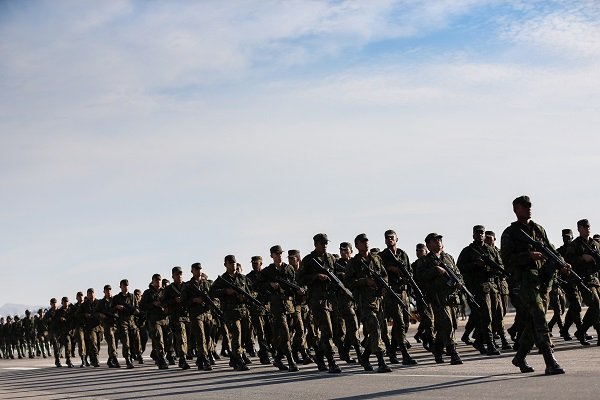The government decided to send a Proposed Amendment to the Constitution (PEC) to the National Congress that will create rules to prohibit active-duty military personnel from the Armed Forces from running for a political position or occupying positions in the Executive. To prepare the document, Defense Minister José Múcio Monteiro had to negotiate with commanders of the three forces. The measure comes just after a four-year period in which military personnel became directly involved with politics, bringing a series of criticisms for politization of the military and breach of regulations. The text, signed by Múcio and Justice and Public Security Minister Flávio Dino, is based on the Constitution, which defines limits for the political action of the military.
This Content Is Only For Subscribers
To unlock this content, subscribe to INTERLIRA Reports.
Objectives
The two ministers argue that the ban on military personnel remaining on active duty when running for elections or holding positions in the top echelon of the Executive is an “additional precaution” to guarantee the “political neutrality of the Armed Forces”.
Under current rules, active-duty military personnel can request a leave of absence from their duties to join political parties and run for election. If they are not elected, the Armed Forces authorize the termination of the license, and the officers or soldiers can return to the barracks. The evaluation of Múcio and the commanders of the Forces is that the rule is permissive and, in practice, can cause the politicization of the military.
Light Version
The leader of the government in the Senate, Senator Jaques Wagner (PT-BA) promised to remove from the PEC the ban on active military personnel assuming positions as Ministers of State. If this occurs, the project will only prohibit active duty military from running for political office. The text, negotiated and written by the government, will be filed by Wagner in the Senate after obtaining 27 signatures.
Measures Already Taken
The commanders of the Forces carried out a search to identify active-duty military members who were affiliated with political parties —an infraction provided for in the Constitution.
On 24 July, a bill was sent to the Federal Chamber to toughen the penalties for crimes against the democratic rule of law, including increasing the penalty to 40 years in prison for those who attempt against the life of authorities.
Salary Increase to Appease the Troops
The Minister of Defense, José Múcio Monteiro is trying to obtain from President Lula (PT) and the economic team the approval of 9% a salary increase for the of the military. The measure would help a widespread dissatisfaction among enlisted men and non-commissioned officers with the salaries they receive.
The problem has its origins in 2019, when what was supposed to be a pension reform for the military turned into a career restructuring, with the creation of a series of benefits linked to the completion of courses and promotions for time of service. The benefits, in practice, created a series of distortions in the earnings of the military, high-ranking military had their earnings significantly increased, but payments for enlisted and low-ranking soldiers reduced or stagnated.
Brazil’s Independence Day Celebrations
President Lula’s government (PT) will use its first ceremony on September 7 to convey a message of national unity, seeking to reverse the influence the previous government had in the Armed Forces. The slogan will be democracy, sovereignty and union. The colors green and yellow will be used in an attempt to show that they were not captured by the political group connected to the last president.
Analysis:
The involvement of the Brazilian armed forces with politics is historical. The measures presented may have some effect, but institutional tradition, military principles and ideological aspects are likely much stronger than the impact of such initiatives. On top of that, internal punishment is almost absent and in several cases the armed forces have disclosed opinions or statements informing that sees no misconduct or something similar in the vents from the beginning of the year and the end of last year. Critics say that this reveal a resistance to punishing their equals, corporativism and the fact that at least part of the commanders agreed with the behaviors seen after the presidential elections. In the short term, the measures announced may stabilize the moods, though, a return to the political arena is probable, depending on some key factors, like iconic leadership, general discontent with the direction of politics and more.




